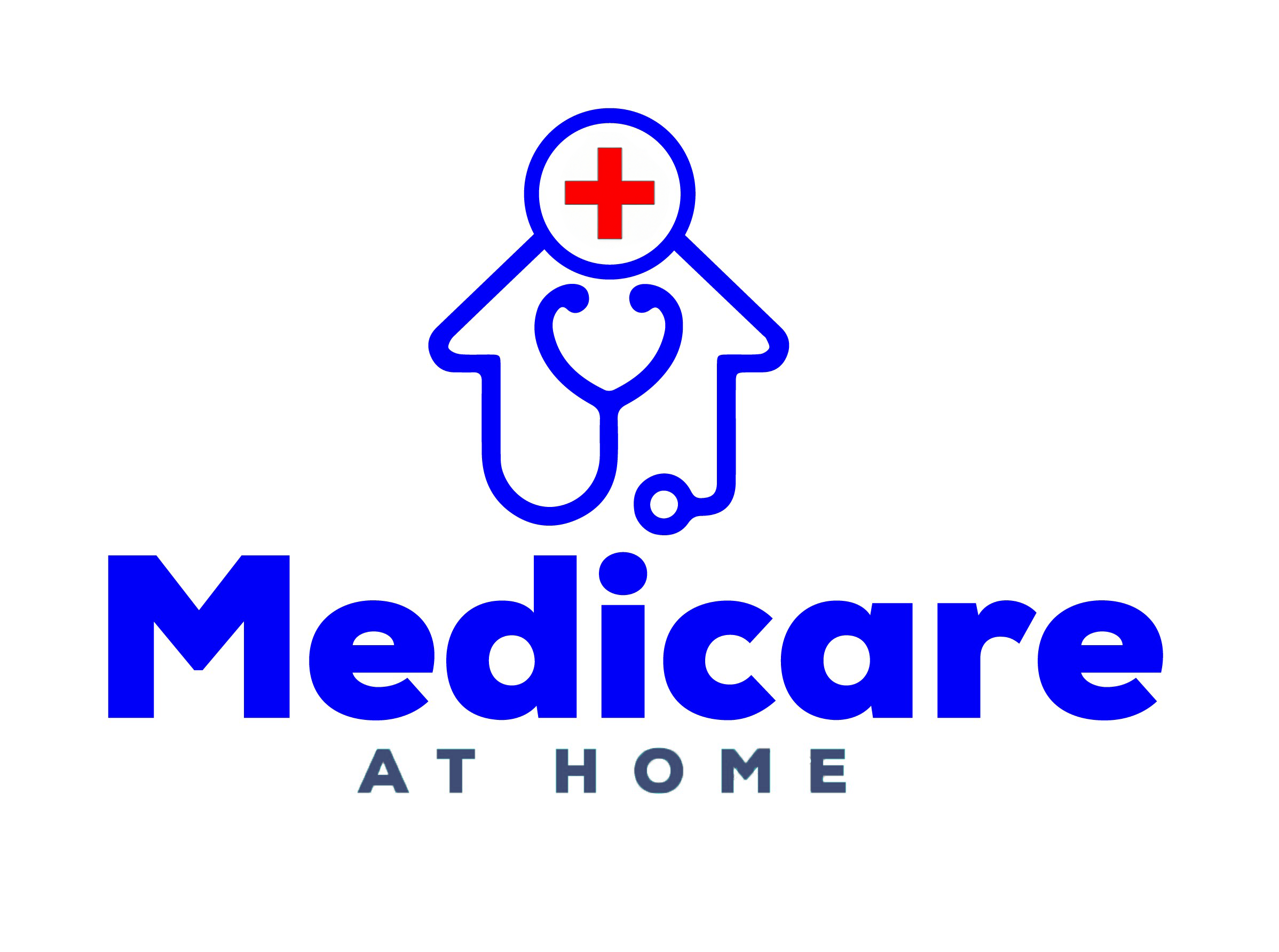Medicare Evolution: From Origins to Modern Reforms

A Brief History of Medicare
The federal health program, Medicare, valued at $1 trillion and aimed at serving the elderly and disabled, recently celebrated its 58th anniversary. Yet, the program has significantly evolved over time.
- Transitioning Preferences: Private Health Plans Take the Lead
- Rise of Medicare Advantage: A Modern Alternative
- Medicare Advantage as a Blueprint for Healthcare Reforms
- The Urgent Need for Medicare Reforms
- Reforming for a Brighter Medicare Future
- The Success Story of Medicare Advantage
- Initial Focus: Enhancing Medicare Advantage
- Expanding Flexibility and Benefits for Patients
- Promoting Competition in the Healthcare Landscape
- Harnessing the Power of Competition
Transitioning Preferences: Private Health Plans Take the Lead
Currently, half of all Medicare beneficiaries are choosing private health plans instead of public offerings. This represents a shift from the traditional approach where Medicare, a highly regulated, defined-benefit, fee-for-service program, controlled the cost of each medical service.
Rise of Medicare Advantage: A Modern Alternative
In 2003, an alternative to traditional Medicare was introduced – Medicare Advantage. This version provides private health coverage, funded by a defined government contribution to each beneficiary’s chosen plan. Since its introduction, there’s been an upward trend in seniors selecting Medicare Advantage over the traditional program.
Medicare Advantage as a Blueprint for Healthcare Reforms
This shift to Medicare Advantage could provide a blueprint for broader healthcare reforms. By offering many private coverage options and more competitive health solutions, Medicare beneficiaries themselves could help drive significant enhancements in the nation’s largest healthcare program.
The Urgent Need for Medicare Reforms
However, this potential is locked behind the gates of necessary policy reform. Recent reports and the looming challenges of the current Medicare structure underscore the pressing necessity for comprehensive reforms.
Reforming for a Brighter Medicare Future
With immediate and coordinated action required, lawmakers could consider expanding and improving the increasingly popular Medicare Advantage program. The various advantages of this approach promise a stable future with improved health outcomes for beneficiaries.
The Success Story of Medicare Advantage
Medicare Advantage’s success is evidenced by its growing popularity, offering affordability, comprehensive benefits, and protection against financial hardships caused by severe illnesses.
Initial Focus: Enhancing Medicare Advantage
Therefore, initial reforms should focus on simplifying payment systems, ensuring beneficiaries receive full savings, and introducing measures to prevent any potential exploitation.
Expanding Flexibility and Benefits for Patients
Reforms that introduce more flexibility in benefits and coverage can cater to the diverse needs of Medicare patients, especially those with complex health issues.
Promoting Competition in the Healthcare Landscape
An important aspect of the reform is fostering competition among health plans and providers. By modernizing traditional Medicare and creating a level playing field, there are substantial benefits to be reaped by seniors and taxpayers.
Harnessing the Power of Competition
Competition can drive down costs and stimulate innovation. Ensuring value for Medicare patients’ healthcare dollars is both a desirable outcome and a right.
